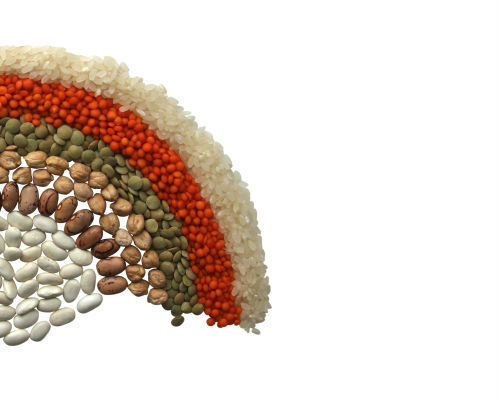
The UPA government has been on the ropes for a while, and justifiably so. The haphazard policy making and the weak leadership have put the government in a position, where radical reforms are the only way to proceed. One of the most talked about initiative, which has been in contention for quite some time now, is the food security bill. Aimed at providing the masses proper nutrition and adequate food, the bill is bound to ensure food security for 67% of the Indian masses. While the ruling party remains upbeat about the passing of the bill, history bears testimony to the difficulties that such initiatives have faced in the past.
The passing of the modified bill, by the cabinet, has definitely given the government and the masses something to cheer about. The bill at its core remains an extremely beneficial proposition for the Indian population which has suffered from high levels of poverty for a long time, and in the longer run, the Indian economy. The key points of the bill include 5kg of grains per month per person, which is increased to 35kg per month for below poverty line families. Millet, wheat and rice would be available at Rs 1, Rs 2, and Rs 3, per kg respectively.
The bill is on the verge of being presented in the Lok Sabha, and contrary to the what history says, the government expects it to pass without any delay, in the budget session itself. Key individuals from the finance ministry have regularly voiced their optimism about the passing of the bill and the positive implications it is bound to have on the economy. This has led to the Indian masses starting to realize the possibility of the materialization of a dream, they’ve possessed ever since the country came into existence. If successfully implemented, the bill can prove to be a game changer in the context of the all important summer polls 2014 and the problem of the undernourished population of India.